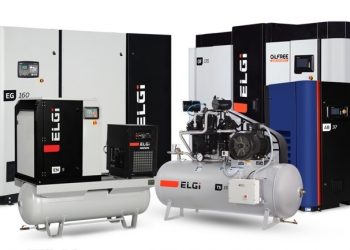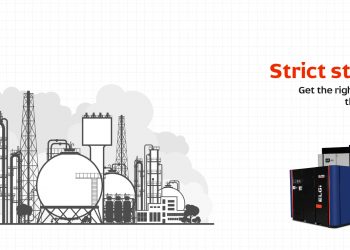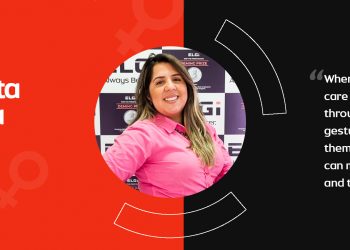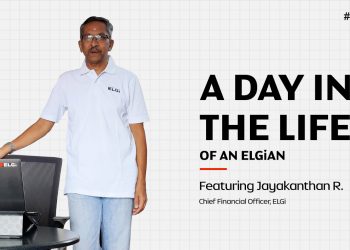In Conversation with Dr. Jairam Varadaraj
An exclusive interview with Autocar Professional
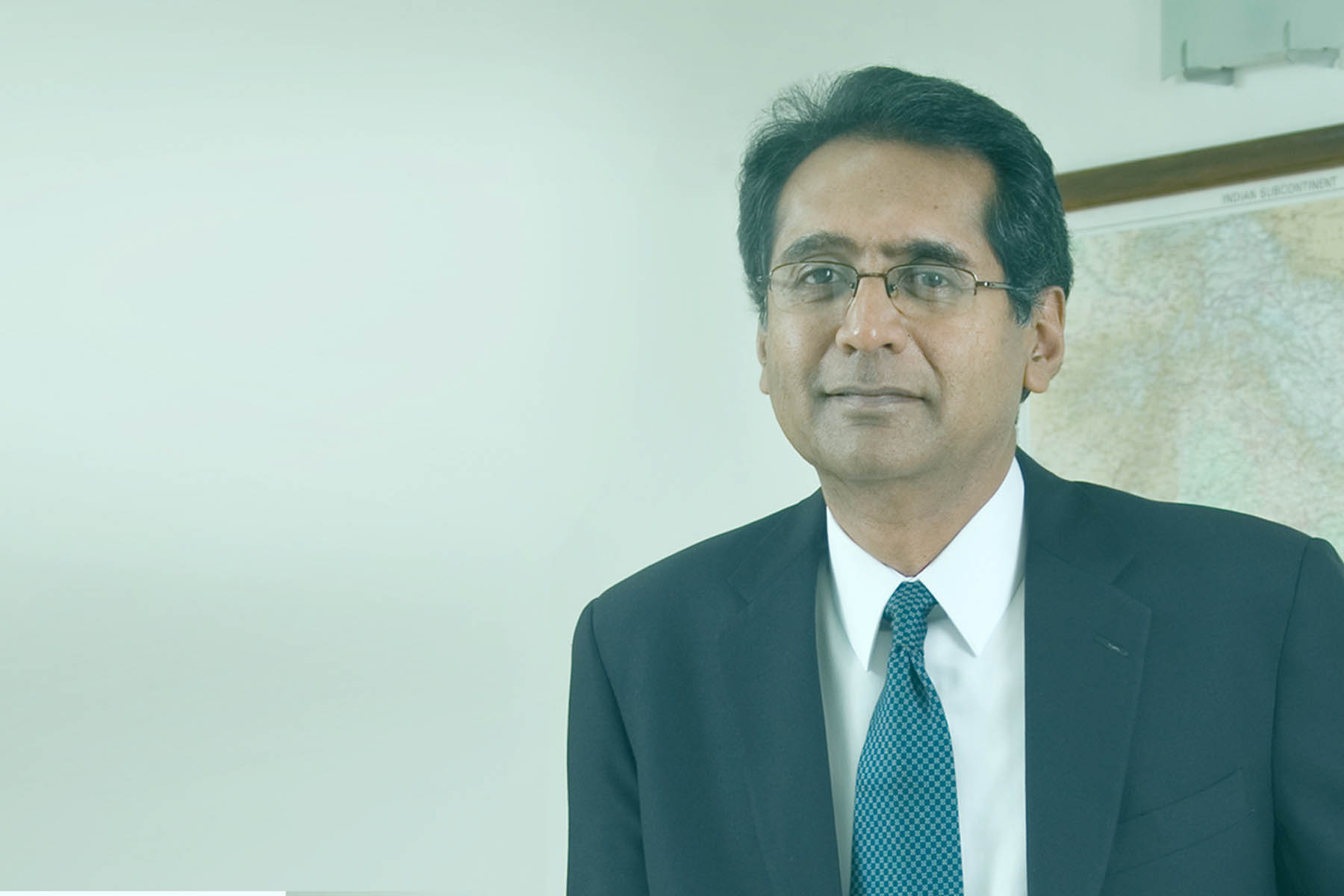
With ELGi’s tremendous contribution to the Indian automotive industry, Autocar Professional published a feature story in October 2016. Here’s an excerpt of Managing Director, Dr. Jairam Varadaraj’s interview:
Can you detail ELGi Equipments’ journey till now and its future growth plans?
We began in the 1960s by making lifts, washing machines, grease pumps and inflators for servicing cars. At the time, cars were very basic and there was no service infrastructure in India. So, we brought equipment licensed from two German companies.
When customers needed a small compressor to inflate tyres as part of their automotive service, we started making piston compressors licensed from a German company. Gradually, we developed our own range of products and started growing our compressor business. Currently, we supply compressors and tools to over 6,000 organised garages in India.
ELGi caters to many industries. How prominent is the automotive segment for you?
Automotive is one of the key sectors for the compressor business along with textile, food processing and general engineering. From the smallest compressor for garages to huge compressors for automotive OEMs and suppliers, we supply them all.
We compete with multinationals in India, mostly with European and American companies. We are familiar with their standards of quality and, therefore, our engineering, products and quality are as good or better as compared to them. This has not happened overnight — it has taken us decades and substantial investment in technology.
What are the current capacity utilisation levels at the ELGi plants?
It’s difficult to give the exact numbers because we use the facility for a wide range of products and that percentage keeps changing as per demand projections. We can produce close to 20,000 compressors from our current facility annually.
In 2014, we invested Rs 250 crore on a greenfield 100-acre facility in the outskirts of Coimbatore. At present, the plant produces some key compressor parts but in the next 3-4 years, given our growth projections and volume, we will shift the entire production from our city plant to the new facility.
How has growth been for the past few years and what is your prediction for the next 2-3 years?
The past couple of years have been relatively subdued. Internationally, growth was in double digits while in India it was 3-4 percent. There is stiff competition from global players abroad and growth levels for the next few years are quite difficult to predict. However, we are ready with manufacturing facilities, people, quality, technology, cost structure and product but the market has to help.
How much do exports contribute to the overall business?
In FY2015-16, overall revenue of consolidated business was nearly Rs 1,500 crore. We don’t call it export business but international business. We just don’t export but have our own subsidiaries and operations in different parts of the world. We manufacture in India, Italy and the USA. At present, 50 percent of our business is international.
As ELGi gears up for the future, what are the strategies being worked upon?
Today 75 percent of the life cost of a compressor is electrical energy and compressor air is utility, like water or electricity. You need it to run a factory but it is not a very efficient form of energy. The advantage of compressed air is that it is safe to store and easy to use, which is why compressed air is continuously used but it’s inefficient.
Energy cost is the highest in the lifecycle cost of a compressor and our goal is to keep reducing the consumption of energy cost, not just the compressor but the entire compressed air system. Our compressors are best in terms of energy consumption. Secondly, the bulk of the compressors use oil since they are lubricated. Oil-free compressors are very expensive and very inefficient.
We are looking to bring in oil-free compressors which are as efficient and competitive as today’s compressors. We plan to launch new products in the next 2-3 years as currently we are conducting field tests.
See more at: http://www.autocarpro.in/feature

